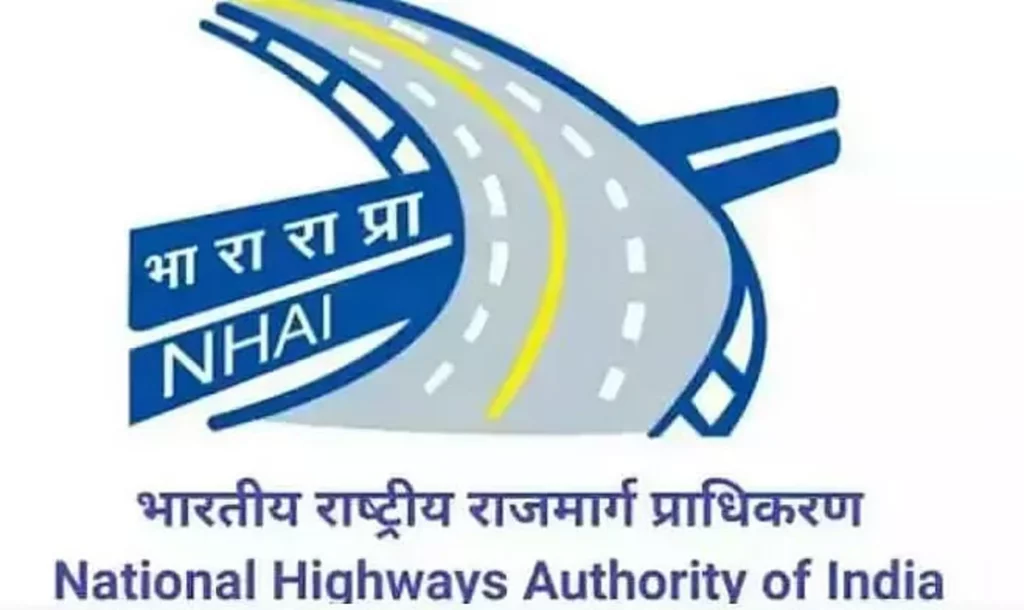Indian National Highway System (NHS) in Assam

Current situation:
- 414 km of the NHS in Assam still have less than two lanes.
- 2735 km currently have two lanes.
- This can lead to congestion, traffic jams, and longer travel times.
- It can also be a safety hazard, especially for trucks and heavy vehicles.
Efforts to address the issue:
- The Ministry of Road Transport and Highways (MoRTH) has acknowledged the need for improvement.
- Nitin Gadkari, the Union Minister for Road Transport and Highways, sanctioned ₹382.10 crore for new two-lane projects in Assam.
- The National Highways Infrastructure and Development Corporation Limited (NHIDCL) is working on widening 975 km of the NHS in the state to four lanes.
Challenges and questions to consider:
- Funding remains a challenge, and the current efforts may not be enough to address the entire need.
- Land acquisition can be a complex and time-consuming process, causing delays in project completion.
- The environmental impact of expanding highways needs careful consideration.
- It’s important to ensure that any expansion benefits all communities and promotes sustainable development.
What you can do:
- Stay informed about the progress of infrastructure projects in Assam.
- Share your concerns and suggestions with relevant authorities.
- Advocate for sustainable and equitable development in the state.
Assam’s Road Network Overview
Assam, a picturesque state in northeastern India, boasts a considerable portion of the Indian National Highway (NH) System, spanning approximately 2,735 kilometers. Despite this expanse, the majority of these roads remain two-lane, with a staggering 400 kilometers falling short of even this modest standard.
**The Ministry of Road Transport and Highways’ Revelation**
Recently disclosed data from the Ministry of Road Transport and Highways (MoRTH) shed light on Assam’s road infrastructure status. The figures underscore the pressing need for extensive development, particularly within the framework of the Indian National Highway system. Ideally, these routes should transition to at least four-lane carriageways to facilitate smoother traffic flow.
**Assam’s Current National Highway Landscape**
As per available data, Assam’s total stretch of Indian National Highways spans 4,077 kilometers. However, a mere 14 kilometers boast more than four lanes, while 914 kilometers feature four-lane configurations. Notably, the 14-kilometer segment exceeding four lanes constitutes the Guwahati bypass road. Ongoing efforts, spearheaded by the National Highway Authority of India (NHAI), aim to enhance this crucial corridor, with completion anticipated by mid-year.
**Strategic Road Development Imperatives**
The inadequacy of Assam’s road infrastructure underscores the necessity for concerted action. Enhanced road connectivity not only facilitates smoother vehicular movement but also catalyzes economic growth by fostering seamless transportation of goods and people.
**Investment Opportunities and Economic Advantages**
Upgrading Assam’s highways presents lucrative investment prospects, promising substantial returns. Improved road networks attract businesses, spur tourism, and streamline logistical operations, thereby bolstering regional and national economies. Furthermore, upgraded infrastructure enhances accessibility to remote areas, fostering inclusivity and socio-economic development.
**Key Considerations for Road Development Initiatives**
To expedite road development endeavors in Assam, several critical factors merit attention:
1. **Government Collaboration:** Synchronized efforts between governmental bodies, such as the MoRTH and NHAI, are imperative to streamline project execution and mitigate bureaucratic hurdles.
2. **Technological Integration:** Leveraging cutting-edge technologies, such as GPS tracking and real-time monitoring systems, enhances project efficiency and ensures optimal resource allocation.
3. **Environmental Sustainability:** Road development initiatives must prioritize environmental conservation and minimize ecological impact through measures like afforestation and wildlife corridors.
4. **Community Engagement:** Inclusive decision-making processes involving local communities foster a sense of ownership and promote project sustainability.
**Conclusion**
As Assam endeavors to enhance its road infrastructure, stakeholders must prioritize comprehensive planning, innovative solutions, and collaborative efforts. By transforming its highways into modern, multi-lane thoroughfares, Assam can chart a course towards economic prosperity, connectivity, and sustainable development.

